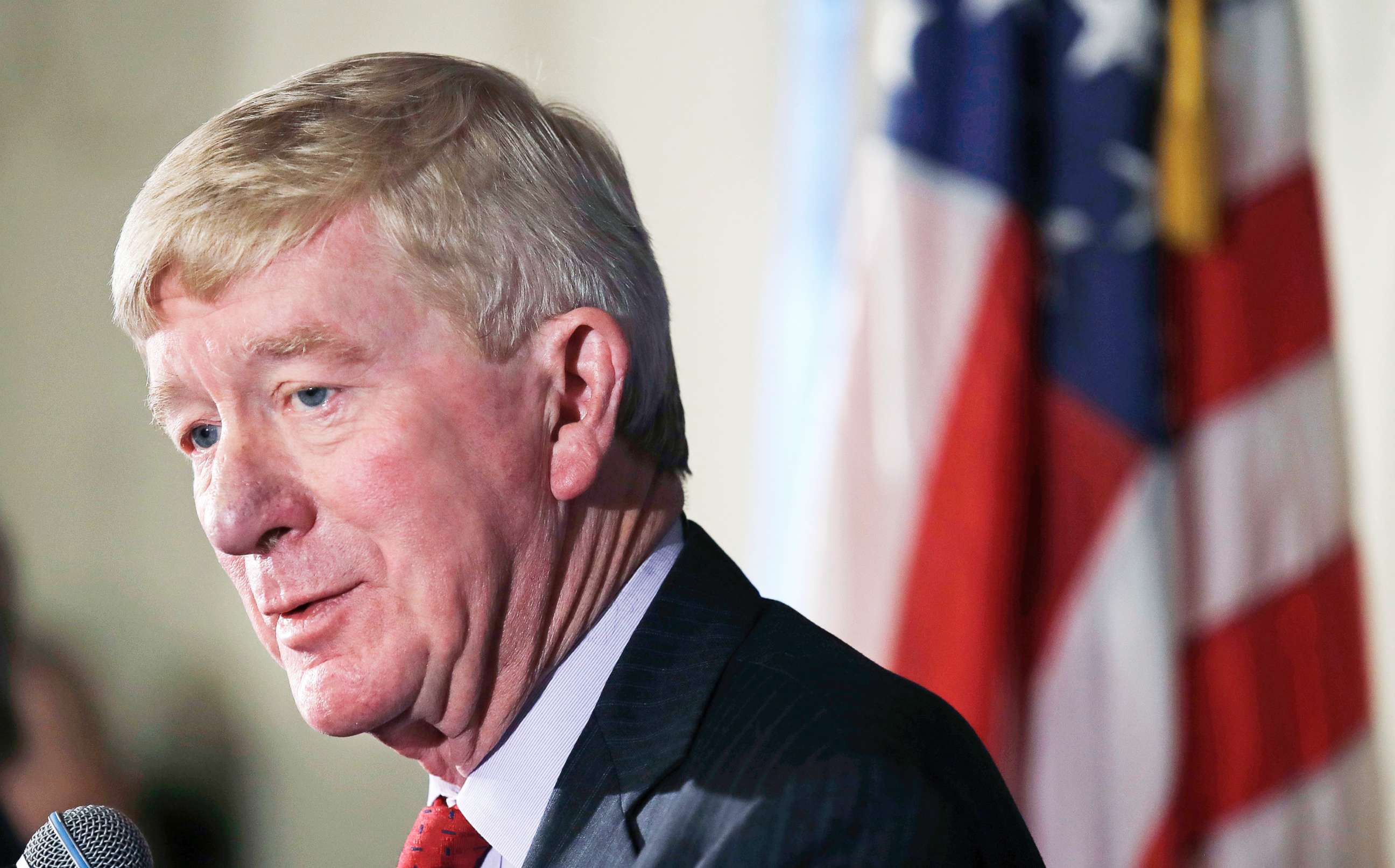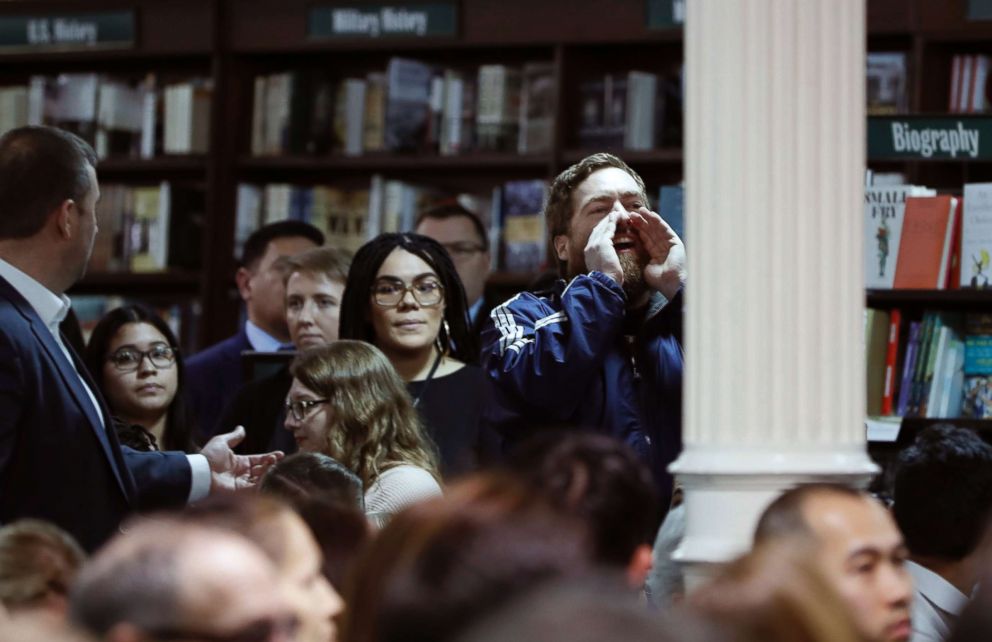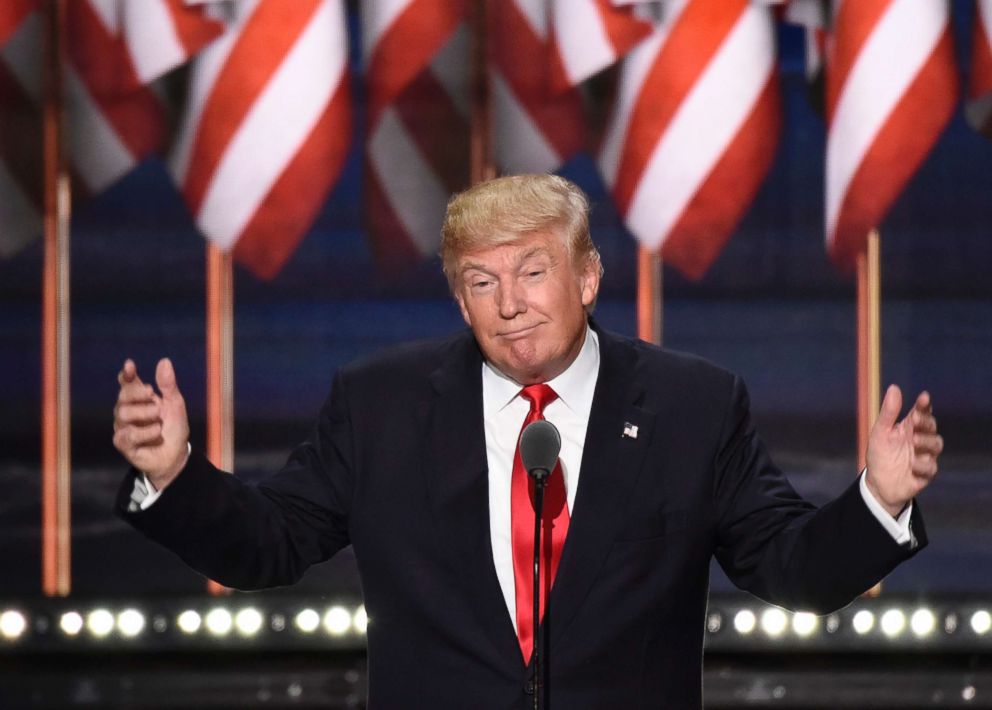Some 2020 presidential contenders may seem improbable -- but they're not impossible
Not very many gave Donald Trump a chance in 2015.
The 2020 presidential campaign is shaping up to be one of the most consequential, exciting and diverse races we have ever seen in modern times.
First, President Donald Trump by his words, deeds and values has caused an unprecedented level of engagement among citizens around our country. This was reflected not only in the variety of protests and rallies over the last few years, but in the record turnouts in special elections, off-year gubernatorial races and the record-setting midterm turnout in 2018. This engagement includes both the enthusiasm of Trump's base -- about one-third of the country -- and the remaining majority that opposes him and seems to have awoken to the importance of selecting leaders to push for the future we desire.
Second, the likely candidates running to unseat Trump probably will set a modern record not just in overall number but in diversity. For the Democrats, there already are more women and people of color running than ever before, as well as the first openly gay candidate. As the candidates have begun campaigning around the country, the level of excitement they're generating 18 months out is palpable -- noticeable in crowd sizes and engagement. Instead of worrying about the size of field, Democrats should be celebrating the fact so many are engaged in this seminal moment. I expect record-setting voting totals in Democratic primaries.

Third, because of this excitement, pundits and the media -- and, importantly, candidates and campaign operatives -- should beware of making assumptions and plans based on past elections. Since 2016 and the disruptive nature of Trump, we shouldn't make too many predictions about who we think might vote and what the political landscape might be. We are likely to see numerous surprises as the presidential campaign unfolds. In an unprecedented environment, wise counsel would be to open ourselves to the possibility of the impossible becoming more probable.
This leads me to my fourth point. There's a wide assumption Trump can't be beaten in the GOP primaries based on his 80 percent support among Republicans, and while that's likely to bear out, maybe we should pause a minute and be open to the road less traveled. Yes, the president is exceedingly popular among Republicans -- while deeply unpopular among Democrats and independents -- but polls have shown at least a third of Republicans would consider another option. Many Republicans still would like someone to articulate a vision of the Republican Party that opposes Trump. As of today, former Gov. Bill Weld is considering taking up that challenge in the Republican nomination process.
While there has been near unanimous dismissal of his chances, maybe we in the media should consider the possibility -- Weld's path to victory is improbable but not impossible. In fact, though the window is narrow for Weld to win, it's actually wider than the window available to Howard Schultz. The odds of Weld beating Trump are actually better than the odds of Schultz winning 270 electoral votes in a divided and polarized country.

In 1999, then-Gov. George Bush was viewed positively by more than 80 percent of Republicans, had nearly every important endorsement and had a more than 20-to-1 money advantage. In reality, he could have easily lost the GOP nomination after getting drummed by 18 points by John McCain in the New Hampshire primary.
In 2007, Hillary Clinton had a favorability rating of more than 80 percent among Democrats, and a relatively unknown Barack Obama ended up winning the nomination. Yes, Obama was a once-in-a-lifetime candidate, but like the climate -- with extreme weather events -- happening more regularly, we can expect more once-in-a-lifetime political events.
And let us not forget that in 2015 very few "experts" gave Trump a chance of winning the Republican nomination. In August of 2015, I said Trump was now the odds-on favorite to be the Republican nominee and was ridiculed then -- and for months afterward.
Yes, I know Weld's chances are slim, but they aren't none. And we have no idea what might happen with the economy or investigations of Trump in the months ahead. It could easily open the window wider for a Republican challenge to Trump, and at that point even more Republicans may step up to run as Weld demonstrates the possibility that Trump could lose.

Because of the speed of communication, widespread access driven by technology, and demands from others to decide instantly, too often we in politics jump to conclusions way too fast on too many things. I have done this too often myself. As things speed up and disruption is a daily occurrence, let us all slow down and see what we actually see instead of deciding what we think is on the horizon. Let us suspend judgment or sentencing, and stay more in observation and the trial and travails of the journey. And this lesson is not only applicable to politics, but also our own lives as well.




